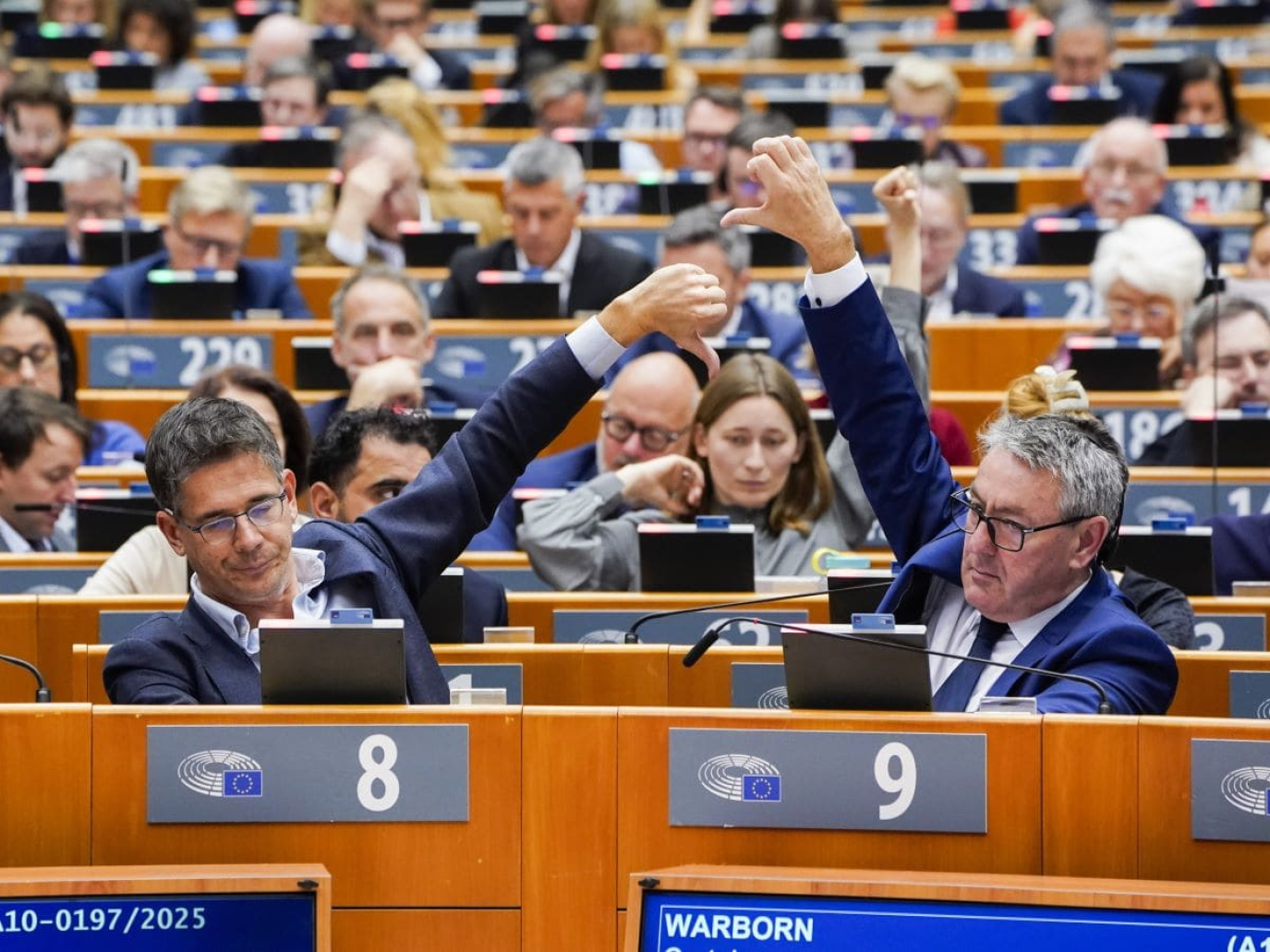From Brussels - On Thursday 13 November, the European Parliament green-lit Omnibus I, the legislative package pushed by the European Commission with the avowed purpose of “simplifying” the rules on corporate sustainability reporting (CSRD) and corporate sustainability due diligence (CSDDD). However, two factors make the affair much more complex than it might appear at first glance, as far as giving a sense of “chronicle of a death foretold”.
The first element concerns the legitimacy of the measure and its impact on the democratic structure of the Union. A letter sent on 10 November by over one hundred legal experts to the Parliament's Legal Affairs Committee (JURI) cautions about the real risk that the directive will be overturned by the EU Court of Justice.
The changes introduced to “simplify” the rules would represent a procedural shortcut and would violate the principle of proportionality and the fundamental rights enshrined in the Charter of Fundamental Rights of the European Union, “especially in the absence of comprehensive impact assessments and proper public consultations”.
Approving Omnibus I – and the other five packages already unveiled, as well as those yet to come, such as the Digital Omnibus to revise the GDPR and AI Act – would, according to the signatories, create a “dangerous legal precedent” for European democracy and the rule of law. Something certainly not unwelcome across the Atlantic, given that a few weeks ago Washington asked Brussels to review the CSDDD (while European companies were asking for the opposite).
The second element concerns the majority that approved the text. Popular (EPP), conservative (ECR), patriotic and sovereigntist parties voted together. This consolidates the new governing axis for the remainder of the von der Leyen Commission's term, elected in July 2024 by a majority that also included red and green colours. However, over time, it has begun to look less and less to its Green Deal creation and more and more to the right, towards its far end.
“Today marks a change in the political direction of the Union, with a vote that symbolises change: the cordon sanitaire has snapped in Europe too! If this ballot is approved with the votes of the EPP-ECR-PfE, the working majority for the rest of von der Leyen's term will be established,” Alberto Alemanno, Jean Monnet Professor of European Union Law at HEC Paris and the first signatory of the letter, told Renewable Matter on the eve of the vote.
Isolated case or new constitutional norm?
Between January and July 2025, the European Commission presented six “Omnibus” packages as the main legislative tool for reviewing various areas of EU policy in bulk. The first, dedicated to sustainability, was followed by those on investment (Omnibus II), agriculture (Omnibus III), the single market (Omnibus IV), defence (Omnibus V) and chemicals (Omnibus VI).
The initiative follows Ursula von der Leyen's promise at the beginning of the year to reduce European regulation by 25% in order to ease the “regulatory burden” on businesses. The first test of this commitment, however, is Omnibus I, which addresses the two key directives on corporate sustainability, namely the Corporate Sustainability Reporting Directive (CSRD) and the Corporate Sustainability Due Diligence Directive (CSDDD). First and foremost, the EU executive's intention is to simplify the Green Deal by streamlining and harmonising the application of the rules.
Back in June 2025, a paper by the Centre for European Policy Studies (CEPS), commissioned by the European Parliament, already found numerous critical issues in the Omnibus process. At the same time, over 90 economists warned of the risk of compromising human rights and the ambition of the Clean Industrial Deal itself. In short, the risk is that the continued use of the “omnibus” tool will end up hollowing out the Green Deal from within and going even further. But that’s not all.
As highlighted in the preliminary analysis by Alberto Alemanno and the one by David Frydlinger (CIRIO), Omnibus packages would not only be used for limited technical interventions, but for substantial rollbacks of existing rules. This phenomenon, they warn, is not in itself incompatible with EU law, but might set a dangerous precedent for future legislation and EU democracy if repeated systematically.
Omnibus, simplification conceals the risk of litigation
The increasing reliance on the Omnibus tool allows for rapid changes to large-scale regulations and policies, often bypassing the checks and assessments required by ordinary procedures. In the current Commission's practice, it is used for substantial reforms, sweeping deregulation measures, deadline extensions – such as the postponement of due diligence and sustainability reporting requirements for certain companies, approved by Parliament under an urgent procedure in April 2025 – as well as for partial or total repeals and accelerated legislative processes, with fewer consultations and checks. This is the opposite of what is envisaged in the EU's Better Regulation Toolbox.
In his preliminary analysis, Alemanno remarks that simplification serves to reduce complexity without altering the substance of the rules. It should concern form, not content: standardising definitions and timelines, eliminating overlaps and improving consistency, without reducing the scope of the rules.
“By reopening parts of the CSDDD, the text risks violating core EU law principles and the Charter of Fundamental Rights of the EU,” had explained Quentin Mautray, lawyer of the NGO Client Earth, on LinkedIn on the eve of the vote. “It could expose the Omnibus to be held invalid and create uncertainty for companies that need clear, stable rules. European businesses have already invested heavily to meet the CSDDD sustainability requirements. What they need now is predictability, not potential legal challenges.”
In this regard, a working paper published by the European Central Bank at the beginning of the month had also signalled the risk of litigation before the CJEU due to the absence of impact assessments and comparisons between alternative options. The question now is: will this happen again?
Cover: Bas Eickhout (Greens/EFA, NL) e Billy Kelleher (Renew, IE) photographed by Laurie Dieffembacq © European Union 2025 - Source : EP



